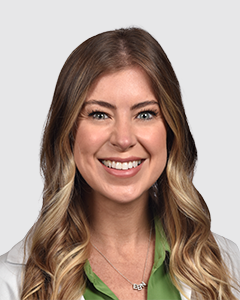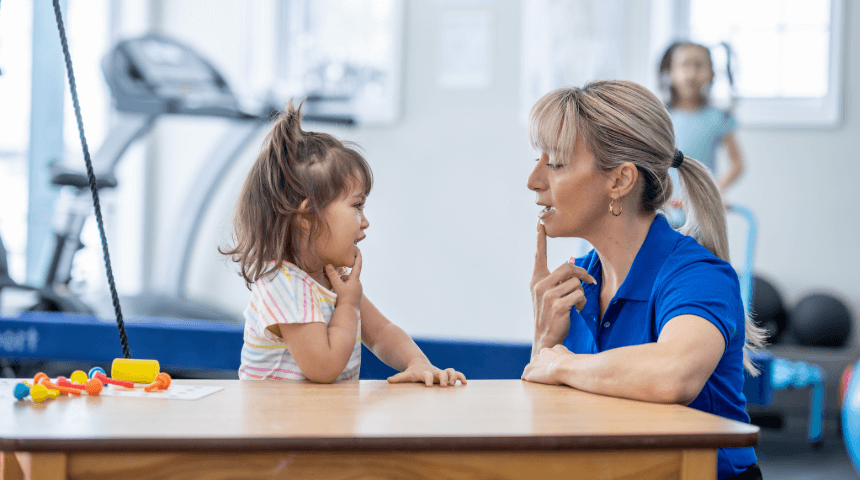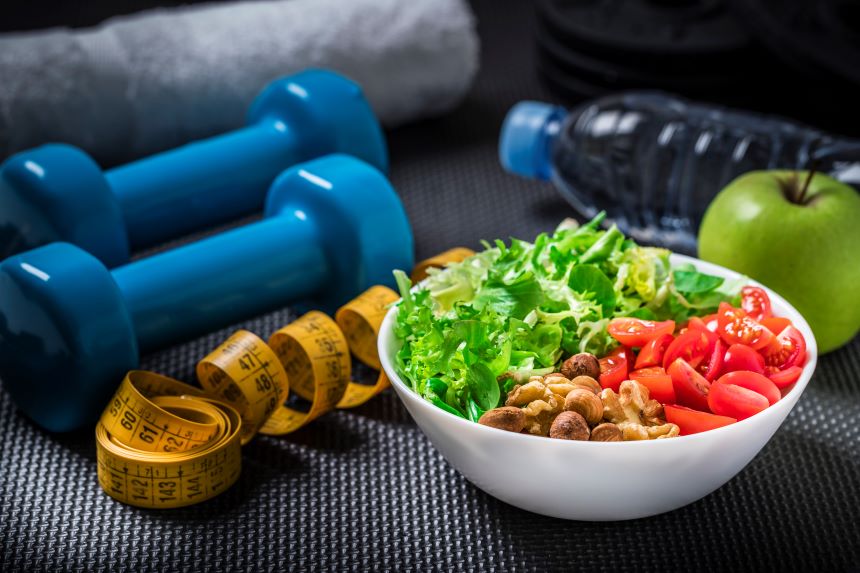Coffee, Energy Drinks, Soda: How Much Caffeine Is Too Much for Your Child?
With the growing popularity of fancy, flavored coffee drinks, young children are asking their parents for what was once an adult beverage. But should kids be consuming so much caffeine?
One study found that 73 percent of U.S. kids ages 2 to 11 consume caffeine daily. Soda accounts for the major source of caffeine, but it has been declining as coffee and energy drinks have been increasing in these age groups.
What Is Caffeine?
Caffeine is a chemical stimulant that can be found naturally in coffee beans, tea leaves, cacao beans, guarana berries and yerba mate leaves. It also can be made synthetically and added to drinks, food, tablets and supplements.
Most children consume caffeine in coffee, tea, sodas and energy drinks, but it also can be found in some hot chocolate, tea, candy, gum and flavored water.
Effects of Caffeine
When children and teens consume caffeine, it speeds up their central nervous system. This gives them an almost immediate boost of alertness and energy levels.
Another positive side effect for some people is reducing migraines. On the other hand, too much caffeine can cause headaches. If your child is experiencing migraines or headaches, it is important for them to be seen by a pediatrician to make sure there are no underlying medical conditions causing their headaches.
Caffeine also can have several negative side effects, including:
- Jitters
- Anxiety
- Insomnia
- Headaches
- Nausea
- High blood pressure
- Fast heart rate
How Much Is Too Much for Kids?
Caffeine in coffee, tea, energy drinks and sodas can vary. On average, a 12-ounce can of a caffeinated soda contains 30 to 40 milligrams of caffeine, an 8-ounce cup of green or black tea has 30 to 50 milligrams and an 8-ounce cup of coffee has 80 to 100 milligrams. Caffeine in energy drinks can range from 40 to 250 mg per 8 fluid ounces.
For healthy adults, the FDA has cited 400 milligrams a day — about four or five cups of coffee — as an amount not generally associated with dangerous side effects. However, there is wide variation in how sensitive people are to the effects of caffeine and how fast they metabolize it.
The FDA has not set such a level for children, but the American Academy of Pediatrics discourages the consumption of any caffeine or other stimulants by children who are 12 and younger. The Centers for Disease Control and Prevention suggests that children under 2 should not consume caffeine. Caffeine generally causes more symptoms — especially anxiety — in children because of their smaller size.
What Parents Can Do
Your child is watching you drink your morning coffee or afternoon energy drink. Modeling the appropriate behavior is important to show them what is acceptable. If your kids are younger than 12, you can explain that Mommy enjoys a cup of coffee in the morning but that they are too young to drink coffee. If your kids are older, consider discussing how much caffeine is acceptable for them to consume.
In addition, kids may not seek caffeine if they are naturally alert. Parents can help their kids feel their best by ensuring they receive:
- A healthy diet
- Adequate water intake
- Exercise
- Sleep
If your child is used to drinking caffeinated beverages every day and you want them to cut back, do so gradually. Stopping abruptly can cause withdrawal symptoms, such as headaches, anxiety and nervousness.










